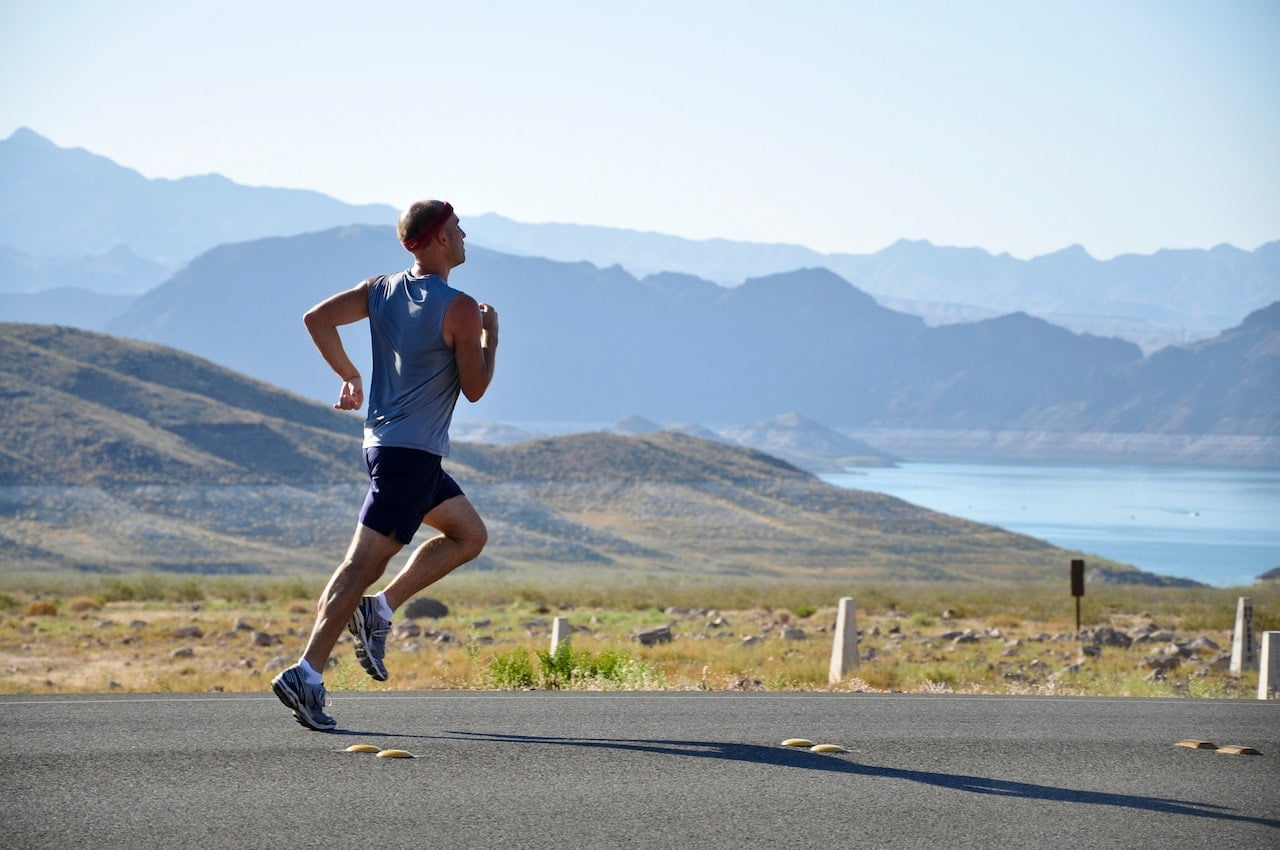
Veganism has gained significant popularity in recent years, including among athletes. While a well-planned vegan diet can provide numerous health benefits, it is essential to pay close attention to certain nutrients, particularly vitamin B12.
In this comprehensive guide, we will explore the significance of vitamin B12 for vegan athletes and why it is crucial for their overall performance and well-being.

Understanding Vitamin B12
Vitamin B12, also known as cobalamin, is a water-soluble vitamin that plays a vital role in various bodily functions. It is primarily responsible for the production of red blood cells and the maintenance of a healthy nervous system.
Additionally, vitamin B12 is involved in DNA synthesis and plays a crucial role in energy metabolism.
The Challenge for Vegan Athletes
Vitamin B12 is predominantly found in animal-based products such as meat, fish, eggs, and dairy. (However, even so, because B12 used to possibly be attained through our drinking water, even meat eaters sometimes struggle to get enough B12) Consequently, vegan athletes face a unique challenge as they eliminate these food sources from their diet.
Unlike other vitamins, vitamin B12 is not abundantly available in plant-based foods, making it difficult to obtain adequate amounts solely through diet.
Consequences of Vitamin B12 Deficiency
Vitamin B12 deficiency can lead to a range of health issues that can significantly impact an athlete’s performance. Some common symptoms include fatigue, weakness, shortness of breath, neurological problems, and anemia.
These symptoms can hinder an athlete’s stamina, endurance, and cognitive functions, thereby impeding their overall athletic performance.
Getting Vitamin B12
Fortunately, there are effective strategies for vegan athletes to ensure sufficient vitamin B12 intake.
Supplementation: The most reliable way for vegans to obtain sufficient B12 is through supplementation. Vitamin B12 supplements are widely available in various forms such as tablets, capsules, and sublingual sprays. It is recommended to consult with a healthcare professional or registered dietitian to determine the appropriate dosage based on individual needs. (Find other recommended vegan athlete supplements here)
Fortified Foods: Many plant-based foods are now fortified with B12 to help vegans meet their requirements. These include plant-based milks, breakfast cereals, nutritional yeast, meat substitutes, and some energy bars. Check the labels of these products to ensure they contain adequate amounts of B12.
Fermented Foods: Some fermented foods, such as tempeh, miso, and certain plant-based yogurts, may contain small amounts of B12 due to bacterial synthesis during the fermentation process. However, the B12 content in these foods can be variable and generally cannot be relied upon as a sole source of the vitamin.
Things to Consider
Here are some key considerations for vegan athletes when it comes to B12:
Regular Testing: Vegan athletes should consider regular blood tests to monitor their B12 levels. This can help detect any deficiencies early on and allow for appropriate adjustments to their dietary intake or supplementation regimen.
Balanced Diet: While B12 is primarily found in animal products, it is still important for vegan athletes to maintain a well-balanced diet that includes a variety of nutrient-dense plant foods. This will help ensure an adequate intake of other essential nutrients that contribute to overall athletic performance and recovery.
Final Thoughts
As a vegan athlete, ensuring sufficient vitamin B12 intake is of utmost importance. Vitamin B12 plays a critical role in red blood cell production, energy metabolism, and maintaining a healthy nervous system.
By incorporating reliable sources of vitamin B12, such as supplements or fortified foods, and regularly monitoring their levels, vegan athletes can safeguard their health, enhance their athletic performance, and achieve their fitness goals while maintaining a plant-based lifestyle.
Lance has been passionate about the plant-based diet and we have been following a whole food plant-based diet for over 5 years. We focus on health, natural healing, weight management, animal rights, and the health of the planet and environment by focusing on whole plant-based foods and sustainable practices.
Learn more at the About Me page and follow on social media at the links below.




